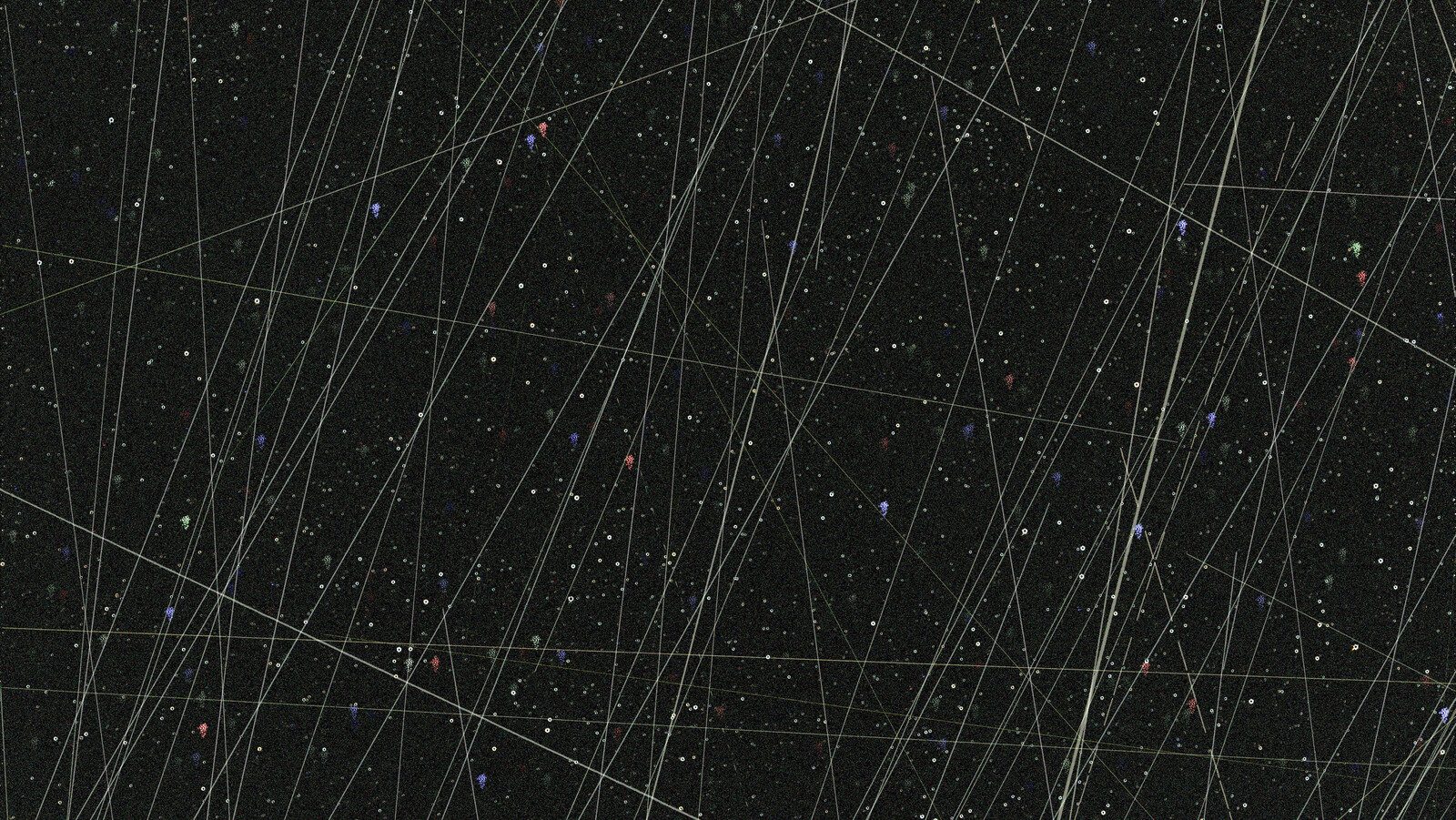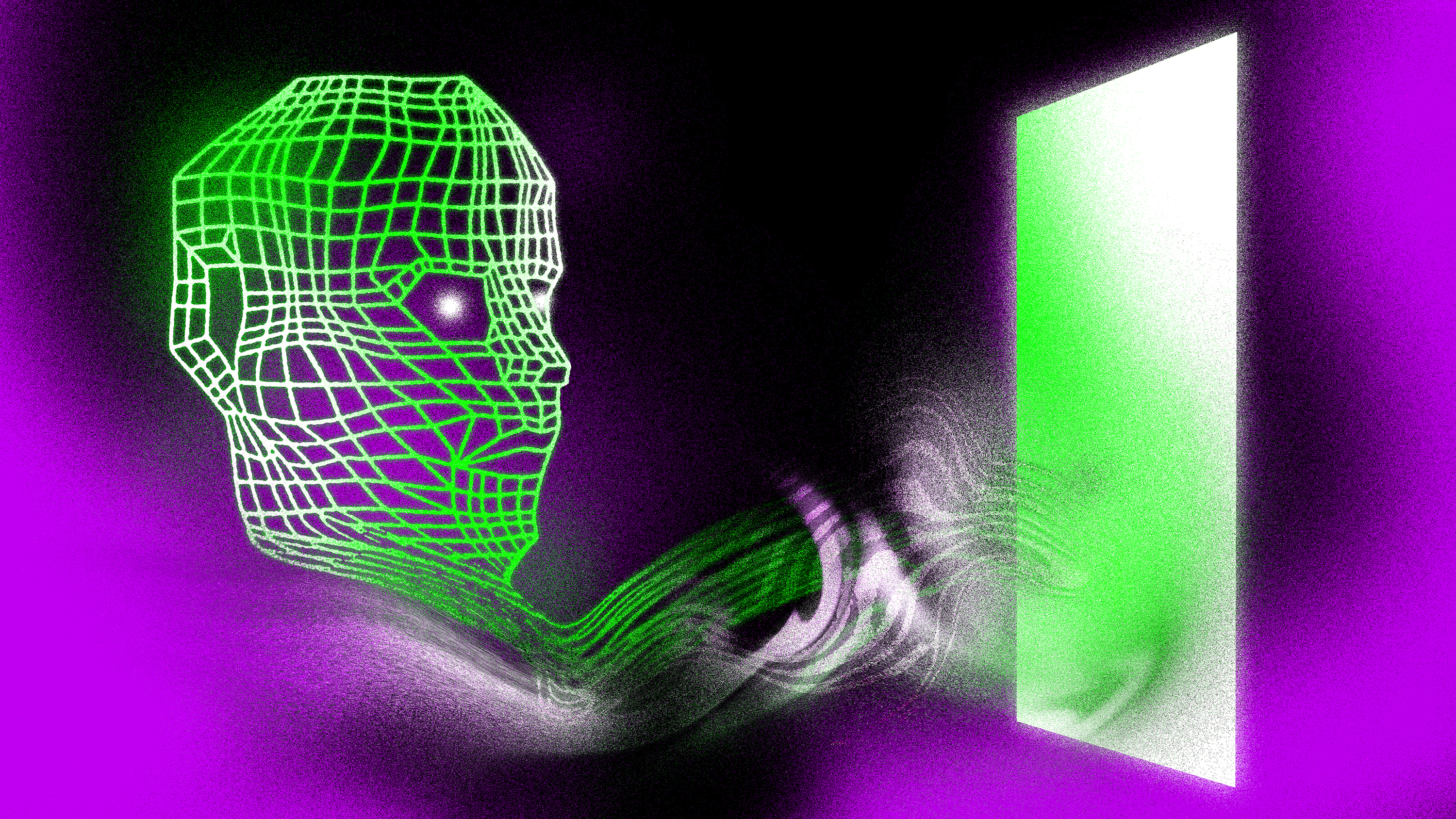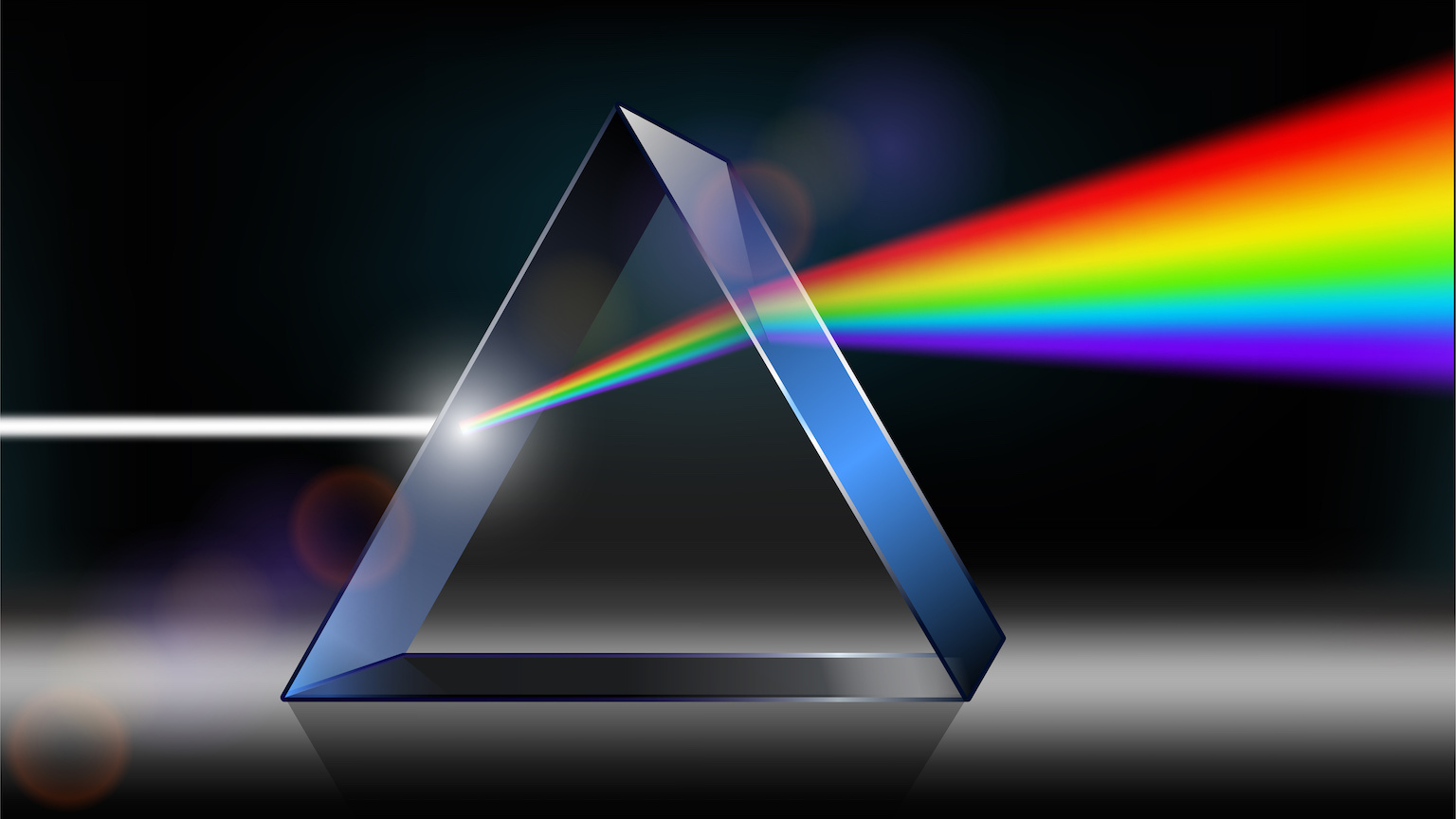Is Your iPhone Making You Less Human?

I’m usually a big fan of Leon Wieseltier’s learned, delightfully acerbic essays, but I’m less excited about his commencement address to the graduates of Brandeis University on May 19. In his rousing defense of the humanities, Wieseltier criticizes the “scientism” encroaching on our lives and on the “humanistic method” and “humanistic understanding.” He diagnoses our society as “inebriated by technology, and happily, even giddily governed by the values of utility, speed, efficiency, and convenience.”
On one hand, I agree with Wieseltier that the humanities are under assault, and that this is very worrisome. Whole academic programs are being eliminated, axed by shrinking university budgets. The National Endowment for the Humanities is often threatened with de-funding by Republicans who want government out of the culture business. The threat Wieseltier identifies is real.
But I’m less certain about Wieseltier’s critique of the corrosive effects of modern technology and his contention that smartphones spell the demise of humanity as we know it:
In the digital universe, knowledge is reduced to the status of information. Who will any longer remember that knowledge is to information as art is to kitsch-–that information is the most inferior kind of knowledge, because it is the most external? A great Jewish thinker of the early Middle Ages wondered why God, if He wanted us to know the truth about everything, did not simply tell us the truth about everything. His wise answer was that if we were merely told what we need to know, we would not, strictly speaking, know it. Knowledge can be acquired only over time and only by method. And the devices that we carry like addicts in our hands are disfiguring our mental lives also in other ways: for example, they generate a hitherto unimaginable number of numbers, numbers about everything under the sun, and so they are transforming us into a culture of data, into a cult of data, in which no human activity and no human expression is immune to quantification, in which happiness is a fit subject for economists, in which the ordeals of the human heart are inappropriately translated into mathematical expressions, leaving us with new illusions of clarity and new illusions of control.
I don’t know about Mr. Wieseltier’s iPhone, but mine does not spew data about the aggregate happiness of people in Bhutan or the ordeals of the human heart. Yes, it beeps and winks at me, tempting me to check out a friend’s status update or read a tweet, and yes, I can get up-to-the-minute weather forecast information that shows me that the humidity at the moment is 98% and there is a 100% chance of rain for my evening commute tonight. But somehow I don’t feel my humanity slipping away from me when I read these numbers or see my niece’s Facebook photo of her recent trip to Seattle.
Wieseltier is right that having access to information is too easily conflated with knowledge: the latter is indeed acquired slowly, imprecisely, humbly, and in discourse with great books and teachers. But I do not think anyone really thinks that smartphones make them smarter.
I resisted the smartphone revolution until just a few months ago, mainly to avoid the extra monthly fees. Now that I tote around an iPhone, I’m able to manage my calendar more easily, I can take photos of spring blossoms, and I can send text messages with my voice instead of leaving drawn-out voicemail messages, but I am no wiser in the ways of ethics, epistemology or the Talmud. I have no illusions of being a more complete human being. There’s no app for that.
Read on:





